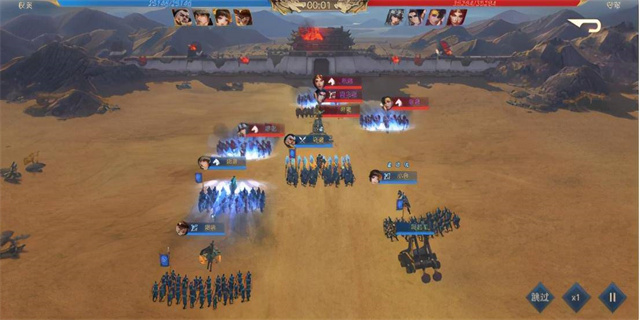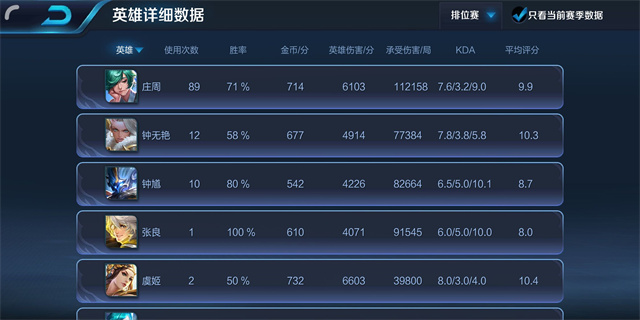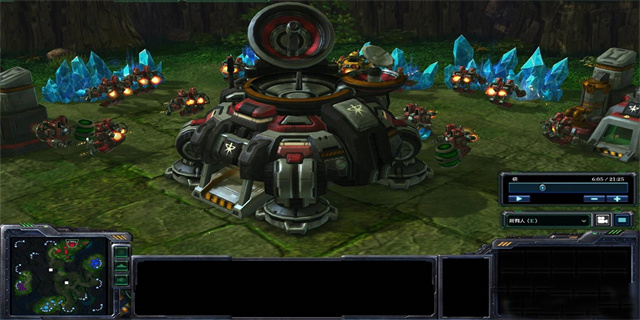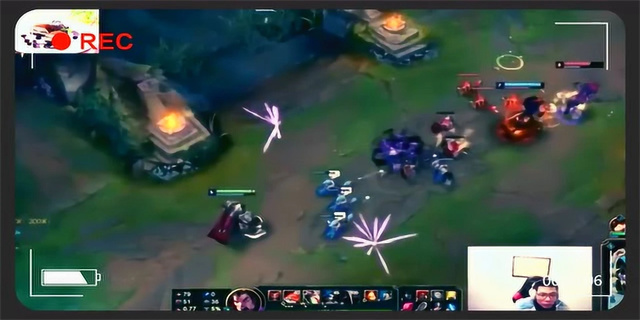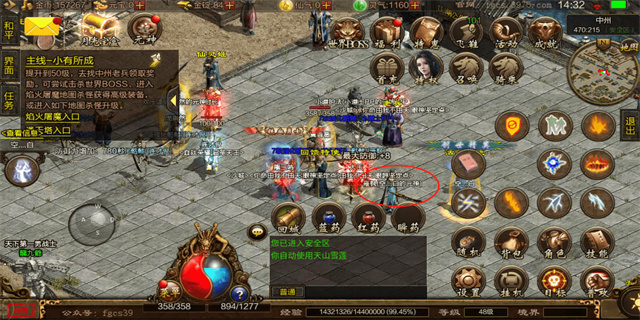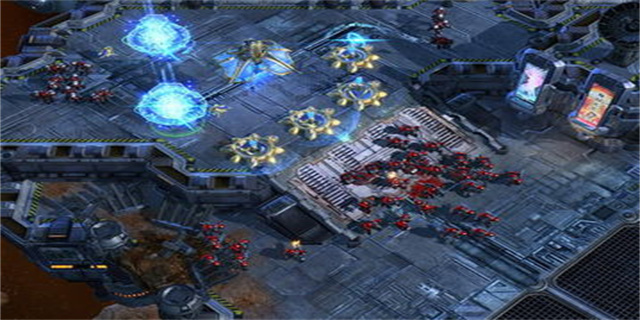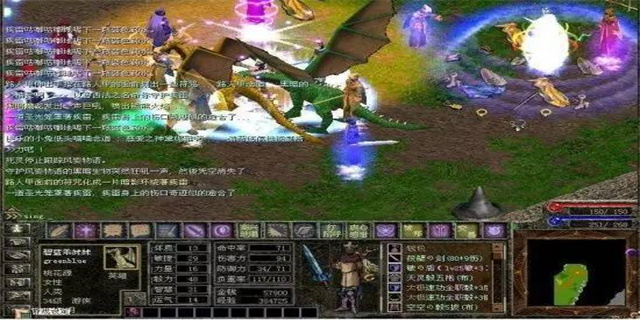power(Exploring the Power and Impact of Power)
Exploring the Power and Impact of Power
Introduction
Power is a ubiquitous force that permeates various aspects of our lives, shaping relationships, institutions, and societies. It can be found in interpersonal dynamics, politics, and even technology. In this article, we delve into the concept of power, its different forms, and its profound impact on individuals and communities.

Understanding the Forms of Power
Power can take on various forms, each influencing individuals and groups differently. One of the most common forms is political power, which is the ability to make decisions and control resources in a society. Political power can be held by governments, political leaders, or influential groups. It determines how laws are made, policies implemented, and social structures governed. Political power can shape the destiny of nations and affect the lives of millions.

Social power refers to the ability to influence others' behavior, opinions, and beliefs. This power can manifest through social status, wealth, or popularity. Social power can dictate social norms, influence cultural values, and mold collective identities. It can be observed in the media, where celebrities and influencers utilize their social power to shape public opinion and consumer behavior.
Economic power arises from control over resources and wealth. It can be held by individuals, corporations, or even entire countries. Economic power determines access to resources, job opportunities, and standards of living. Large corporations with immense economic power can impact global markets, shape industry trends, and influence government policies. The concentration of economic power can lead to social and economic inequalities.
The Dynamics of Power in Relationships
Power plays a crucial role in interpersonal relationships, often influencing the dynamics between individuals. In some cases, power imbalances arise, leading to unequal relationships. For instance, in a dominant-submissive dynamic, one person wields more power, making decisions and exerting control over the other. This can occur in personal relationships, workplaces, or even in societal structures.
Power imbalances can also be observed in intergroup dynamics, where power is distributed unequally among different social groups. This can lead to social stratification, discrimination, and marginalization. Historically, certain societal groups have held more power than others, resulting in systemic inequalities. Recognizing and addressing these power imbalances is crucial for creating a more equitable and inclusive society.
The Power of Technology and Knowledge
In the modern era, technology has emerged as a powerful tool that can shape social, economic, and political landscapes. Technological power refers to the ability to harness technology to exert influence and control. From social media algorithms that shape information consumption to surveillance technologies that monitor individuals, technological power is a pervasive force in our lives.
Moreover, knowledge as power has long been recognized as a driving force in society. The possession of knowledge can grant individuals and institutions power over others. Access to education, information, and expertise can determine social and economic opportunities. However, the democratization of knowledge through advancements in technology has challenged traditional power dynamics by enabling wider access to information.
The Paradox of Power
While power can be a force for positive change and progress, it also has the potential for abuse and oppression. Throughout history, we have witnessed individuals and institutions exploit power for personal gain or to maintain dominance over others. The concentration of power in the hands of a few can result in corruption, inequality, and human rights abuses.
Therefore, it is essential to critically analyze power structures, challenge oppressive systems, and advocate for greater transparency and accountability. Recognizing the potential misuse of power is crucial for safeguarding the rights and well-being of individuals and communities.
Conclusion
Power is an intricate and multifaceted concept that permeates various aspects of our lives. Whether in interpersonal relationships, political systems, or technological advancements, power shapes how we interact with the world. By understanding the different forms of power and their impact, we can strive for a more equitable and just society, where power is wielded responsibly and for the benefit of all.
Exploring the Power and Impact of Power Introduction Power i
2023-12-01





